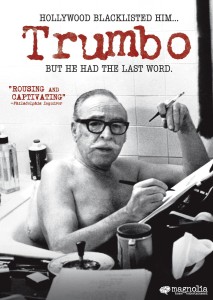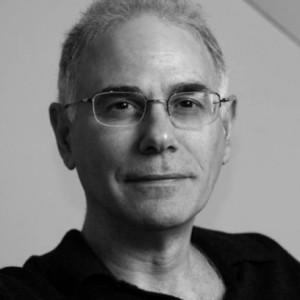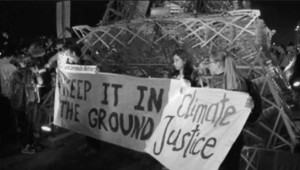Podcast: Play in new window | Download
Updates:
- Co-host Attorney Michael Smith Reflects On The Anti-Union Oppression In Detroit And Wisconsin In The Late 50s
—-
Trumbo
In the late 1930s and early 40s, many artists, writers, and intellectuals who sympathized with the poor, the labor movement, and the fights against racism and fascism aligned themselves with the Communist Party – which was then following the Stalinist policy of the “popular front”. Hence, when the governments anti-Communist witch-hunt got underway soon after the end of the second world war in 1946, many in Hollywood were placed under suspicion. Lists of names were drawn up, and those named were subpoenaed by the house committee on un-American activities (HUAC). Novelist and screenwriter Dalton Trumbo had joined the Communist Party in 1943, and he was on that list. In 1947, when called to testify before the HUAC, Trumbo refused to testify on the basis of freedom of association and freedom of thought, both supposedly guaranteed by the First Amendment to the constitution known as the Bill of Rights. Trumbo spent 11 months in federal prison in Kentucky. He was blacklisted and couldn’t get a job in Hollywood for 13 years, but won Oscars is for two movies that came out under other names. The movie Trumbo starring Bryan Cranston does an effective job of showing the fear of communism that was generated in those dark times and how it decimated Hollywood and was used for thought control.
Guest – Zachary Sklar, Oscar-nominated co-screenwriter of Oliver Stone’s film JFK, and author of the book JFK: The Book of the Film. He’s a journalist, and a professor at the Columbia School of Journalism. He was also a contributor to The Lies of Our Times, a monthly journal dedicated to exposing the truth behind the mainstream media. Zach collaborated with director Oliver Stone on the screenplay of the movie “JFK” and was editor of Jim Garrison’s book “On the Trail of the Assassins.”
Outgoing song – “Nothing” by the Fugs, performed by the Down Hill Strugglers
—
Climate Change Conference COP21
The meeting on controlling climate change by reducing greenhouse gases produced by fossil fuels concluded in Paris last week and involved representatives from every nation in the world. The agreement that came out a Paris is widely believed by climate change activists to be not nearly enough; That we need more reductions or our very existence is threatened. Critics of the talks say that it fell short because there were no timetables and no targets and no binding commitments.
Guest – Eleanor Stein, teaches a course called the Law of Climate Change: Domestic and Transnational at Albany Law School and SUNY Albany, in conjunction with the Environmental and Atmospheric Sciences Department at SUNY. Eleanor Stein is teaching transnational environmental law with a focus on catastrophic climate change. For ten years she served as an Administrative Law Judge at the New York State Public Service Commission in Albany, New York, where she presided over and mediated New York’s Renewable Portfolio Standard proceeding, a collaboration and litigation of over 150 parties, authoring in June 2004 a comprehensive decision recommending a landmark state environmental initiative to combat global warming with incentives for renewable resource-fueled power generation.
————————————————–



